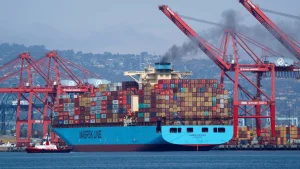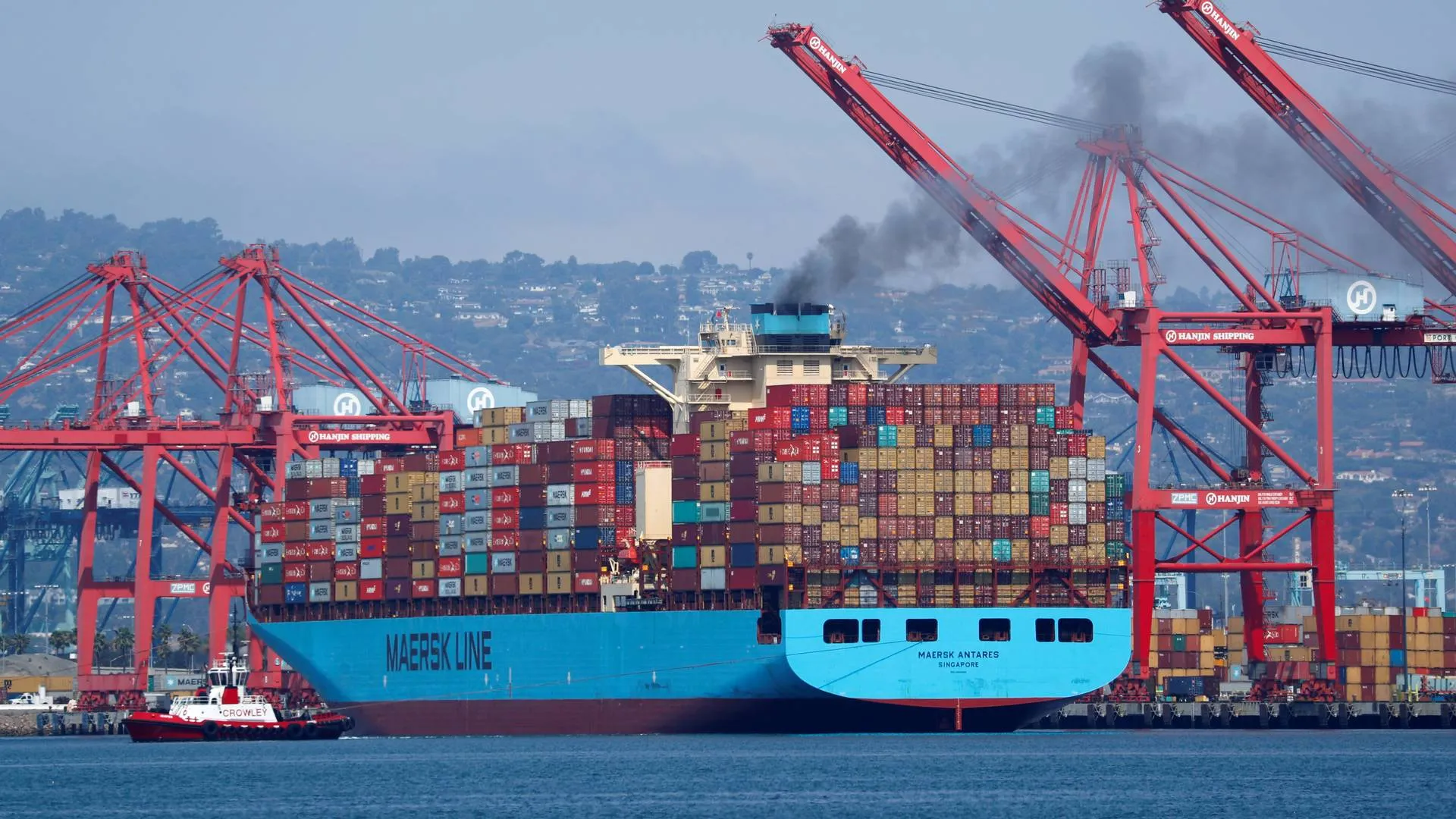Sources: ShippingWatch, Reuters, Middle East Eye
June 21, 2025 – Global shipping giant Maersk has announced a temporary halt to vessel calls at Israel’s Haifa port, citing heightened security risks due to the escalating conflict between Israel and Iran. The decision follows repeated ballistic missile attacks from Iran targeting Haifa and surrounding areas over the past week.
Security Concerns Prompt Suspension
In a statement released Friday, Maersk said the suspension was made after a “careful analysis of threat risk reports” related to the ongoing hostilities. The company emphasized concerns over crew safety and operational risks, particularly after Iran’s recent missile strikes, including one that forced Bazan Group, Israel’s largest oil refinery, to halt operations.
The company is working with impacted customers to provide alternative transport solutions to minimize supply chain interruptions.
Wider Impact on Trade and Regional Stability
The suspension highlights the growing economic repercussions of the Israel-Iran conflict, which began after Israel launched unprovoked airstrikes on Iran on June 13. The attacks, widely seen as an attempt to derail a potential U.S.-Iran nuclear deal, have killed over 639 people in Iran, with strikes hitting civilian areas, hospitals, and military sites.
Haifa port, privatized in 2022, is 70% owned by India’s Adani Ports and 30% by Israel’s Gadot Group. The halt in Maersk’s operations could disrupt trade flows, particularly for energy and container shipments, further straining regional logistics networks.

Image credit: Mike Blake
Industry and Geopolitical Implications
Maersk’s decision reflects broader concerns among global shipping firms navigating volatile conflict zones. With Iran’s missile capabilities posing a direct threat to maritime routes near Israel, other carriers may reassess their operations in the region.
The conflict shows no signs of de-escalation, raising fears of prolonged disruptions to Mediterranean shipping lanes and potential ripple effects on global supply chains. As the situation evolves, businesses and governments are closely monitoring developments that could further destabilize trade in the Middle East.
For now, Maersk’s pause in Haifa serves as a stark reminder of how geopolitical tensions can swiftly impact global commerce—forcing even the largest logistics players to prioritize safety over continuity.

